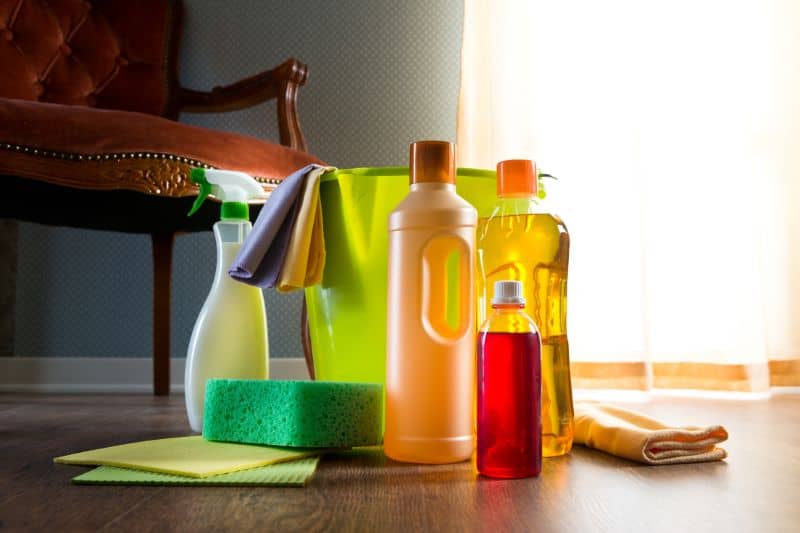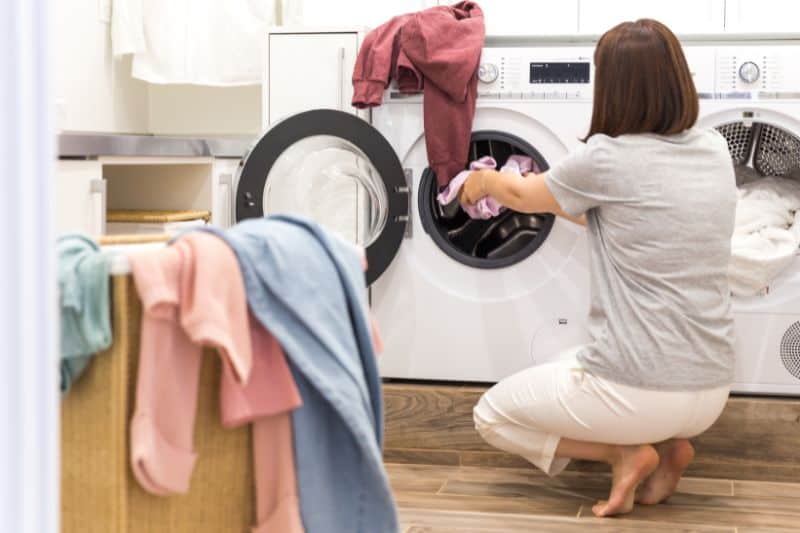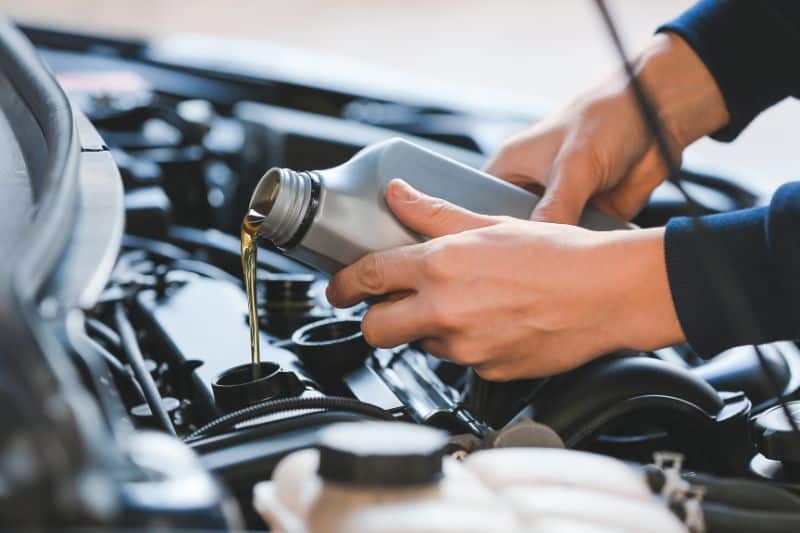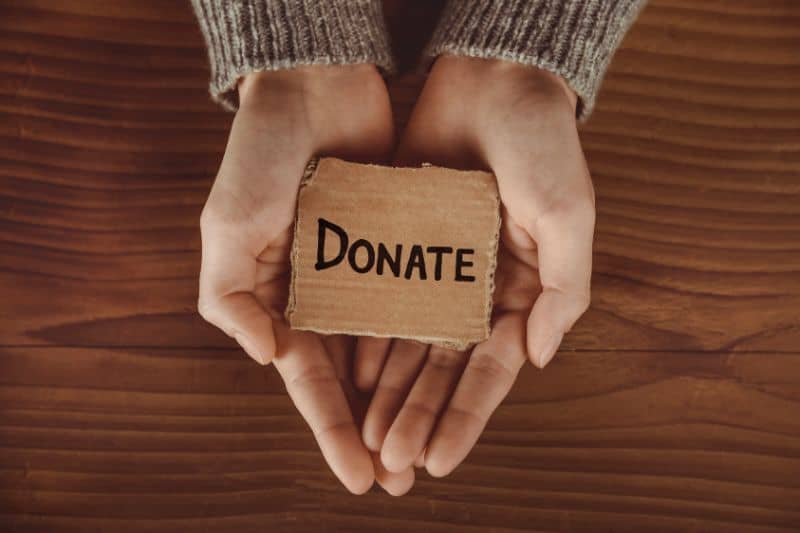Water is an essential part of everyday life. This is true for humans and all of Earth’s flora and fauna. Remarkably, water is a unique feature that distinguishes our planet from others in the universe.
As such, it is critically important to keep it safe and clean. The water of the ocean is home to millions of species, while clean drinkable water is an important resource for land and air-dwelling creatures.
But then, despite the central role water plays in supporting lifeforms, it’s sad that our activities keep on polluting it.
As a way to ensure some justice for this indispensable resource, this article provides clever ways that we as individuals and as a collective can embrace to help prevent further pollution of our planet’s water systems and – perhaps most importantly – start to reverse some of the damage that has already been done.
1. Dodge Plastics
Plastic is a material that is very difficult to break down once produced, and as such, it can create many problems should it end up in the water system. While large plastics can be fished out, smaller plastic particles can cause immeasurable damage to marine life, with the impact being felt all across the entire food chain.
2. Get the Full Facts on The Effects of Plastic on The Water Ecosystem

Plastic waste poses direct water damage when broken down and inflicts harm to marine life, contributing to death and decay in aquatic ecosystems. All these details can help you see why you need to keep it off our waterways.
3. Reuse Things Where Possible
In particular, plastic bags should not simply be thrown away when the groceries are put away. Instead, you should keep a hold of your bags and reuse them. It will save you money and keep them from getting washed down into water sources.
4. Try to Opt for Recyclable and Reusable Options
Things such as reusable batteries reduce the amount of dangerous waste produced while opting for glass bottles over plastic ones can help as glass is infinitely easier to recycle than plastic. Glass bottles are also much easier to wash out and reuse than plastic ones.
5. Keep the FOGs out Of the Drain
Fats, oils, and grease (FOGs) from the kitchen can cause many problems in the water. Hence, sinks should not be used for discarding these items. Instead, they should be collected in a container and disposed of at a proper facility as solid waste.
6. Beware of How You Dispose of Your Household Cleaners

Apart from plastics, FOGs (fats, oils, and grease), and various items, household cleaning chemicals pose a significant threat to water systems. While many individuals may dispose of these chemicals in sinks or toilets, it is essential to note that specialized waste disposal units are established for their safe and proper disposal.
7. Pay Special Attention When Getting Rid of Medicine
Medicines in any form are dangerous to the water system, both for the wildlife living therein and the creatures that drink from it. These should always be disposed of safely per the specified disposal instructions, which differ from product to product.
8. Dodge Flushing Things Down Your Toilet
While toilet tissue is specially designed to break down in the pipes, other common household items such as candy wrappers, rags, and even dental floss are not. This means that when they get flushed, they simply pollute the system. Dispose of these in wastebaskets.
9. Use Your Garbage Disposal Cautiously
Garbage disposals are relatively handy to several people but are not great for the water system. Solid wastes should be kept intact and disposed of properly rather than ground down and flushed. In particular, food waste should be composted for maximum benefit.
10. Embrace Efficiency In Your Purchases
Most household electronics, such as washing machines and dishwashers, and conveniences, such as toilets, come with a water efficiency rating. Installing water-efficient utensils is a great way of ensuring that water is not wasted, which is important as greater use of water calls for more to be taken out of the natural system.
11. Run Your Cleaning Appliances With Full Load

Ensuring that dishwashing and laundry are both undertaken only when you have a full load is a good way of conserving water. But then, ensure that you don’t overload so you don’t end up damaging the appliance. Check the manual for the maximum safe capacity the appliance can support.
12. Stick to Correct Amounts of Detergents
Use the correct amount of detergents, soaps, and bleaches when using washing machines and dishwashers. Excessive amounts of any of these will increase the chances of it leaching into the water system and causing severe damage.
13. Avoid Phosphate-Packed Detergents
Make sure you use environmentally friendly soaps and detergents where possible. Phosphates, in particular, should be looked out for, as large amounts of phosphates cause immeasurable damage to the water system. Making use of phosphate-free detergents can help counter this issue.
14. Use Water Sparingly for Your Gardening Endeavor
When gardening, try to avoid the overuse of water. Maintaining a garden is one thing, but the excessive use of clean water for gardens takes it out of the drinking system and strains water processing.
For those living in areas with plenty of rainfall, consider installing a waterbutt that you can use to catch rainwater for distribution during dry times.
15. Give Farm Chemicals a Wide Berth
To safeguard the soil and the garden ecosystem, it is advisable to refrain from using herbicides and pesticides in gardening. When combined with the overuse of water, as previously highlighted, these chemicals have the potential to travel extensively, contributing significantly to pollution.
16. Conserve Your Soil as Much as Possible
Any chemicals that make their way into the soil quickly spread through the water as rainfall carries the topsoil away.
While this is a natural process, soil exposed to too many phosphates or other harmful chemicals can cause real damage. Hence, consider building up banks before waterways to protect against soil movement.
17. Keep Your Cars and Other Mechanical Devices in Good Working Order

Changing oil when necessary is essential not only for maintaining your car’s engine and moving parts but also for conserving the environment.
When oil is moved about in an engine, it breaks down into parts which are often harmful and dangerous to wildlife and humans, and changing it regularly can help prevent this from happening.
18. Use Proper Waste Disposal Channel
Disposing of waste products such as oil and transmission fluid into drains or sewers is harmful to the environment.
Since the sewers empty directly into the rivers, these products enter the river’s ecosystem and spread pollution. Automotive fluids must be disposed of at a processing plant with special disposal units.
19. Responsible Home Sewage Management
Some households still utilize cellar drains, septic tanks, and sump pumps for wastewater management. While these systems are generally acceptable, problems and pollution may arise if they directly drain into the sewer system.
It is crucial to consult with your local water authority to ensure the proper and responsible management of home sewage.
20. Proper Litter Disposal Practices
The necessity of not improperly discarding litter, especially in oceans and rivers, might seem obvious. Yet, the significant amounts of litter found in bodies of water highlight the urgency of addressing this issue. Always keep your litter with you until you find a suitable disposal facility, as this practice helps prevent it from entering the water.
21. Embrace Water Conservation Practices

Utilizing water sparingly is commendable and simpler than one might imagine. Small actions like turning off the tap while brushing your teeth, opting for showers instead of baths, and being conscious of water usage significantly minimize water wastage. This, in turn, alleviates the burden on water processing plants.
22. Riparian Planting for Water Protection
If you’re lucky enough to live close to a river or lake, try to plant local fauna and trees to protect the water from chemicals and other pollutants which might drain down from the surrounding houses in the event of rainfall.
Fauna can also help minimize the amount of CO2 stored in the water, which can help balance the water’s pH level.
23. Play An Active Role In Community Water Cleanup Initiative
If you notice litter in your local water body, do your best to clean it up. Every piece of litter removed from the water is a significant reduction in pollution, making it a worthwhile endeavor.
For a greater impact, get a whole group together to go out and clean up the water. This will get people enthused and actively interested in conserving the water.
24. Reporting Water Contamination Incidents
If you notice that chemicals and pollutants are being spilt or poured into a body of water, do not simply let it slide. Contact the local water authority to have them sort it out.
Silence about pollution perpetuates its continuation and growth, and those responsible for contamination should face penalties. Additionally, it might be an accidental leak requiring immediate attention for safety reasons.
25. Addressing Unsustainable Animal Production
Some problems are not immediately obvious to the individual. One such thing is the effect of unsustainable animal production on the water system.
Factory farms are notorious for producing vast amounts of waste, which are toxic and foul. These are then disposed of in the waterways and require a huge amount of work to purify for human consumption.
As such, making sure that you buy sustainable meats rather than those from factory farms is a good step towards minimizing your diet’s impact on water pollution levels.
26. Active Participation in Water Preservation Organizations
Join organizations dedicated to water preservation if you can. Keeping yourself informed and involved with conservation efforts is a great way to do your part for the environment and help reduce water pollution worldwide.
27. Be A Donor

If you cannot join an organization for whatever reason, consider donating to some. Water conservation organizations can always use more funds to achieve a more widespread effect and help to spread awareness about problems to the local population.
Even small donations, where requested, can help immensely, so you can do your bit even if it’s only a little at a time.
28. Be An Advocate of Water Protection
Raise your voice to companies and politicians who are not doing enough to protect the water. Write emails and letters, and use social networks to highlight the problems caused by inaction and poor care.
29. Be Ready to Help
Help others when called upon for help. When others want to get involved with protecting the waterways, you should offer your help to aid them in achieving this goal.
30. Spread Awareness of Water Pollution

While doing all of this on your own or with your family is very effective and helpful, this effect can be magnified significantly by you spreading the word about water pollution to friends and colleagues.
Being active in spreading information can help enthuse people and keep them informed about what they can do to help keep water clean.






